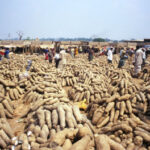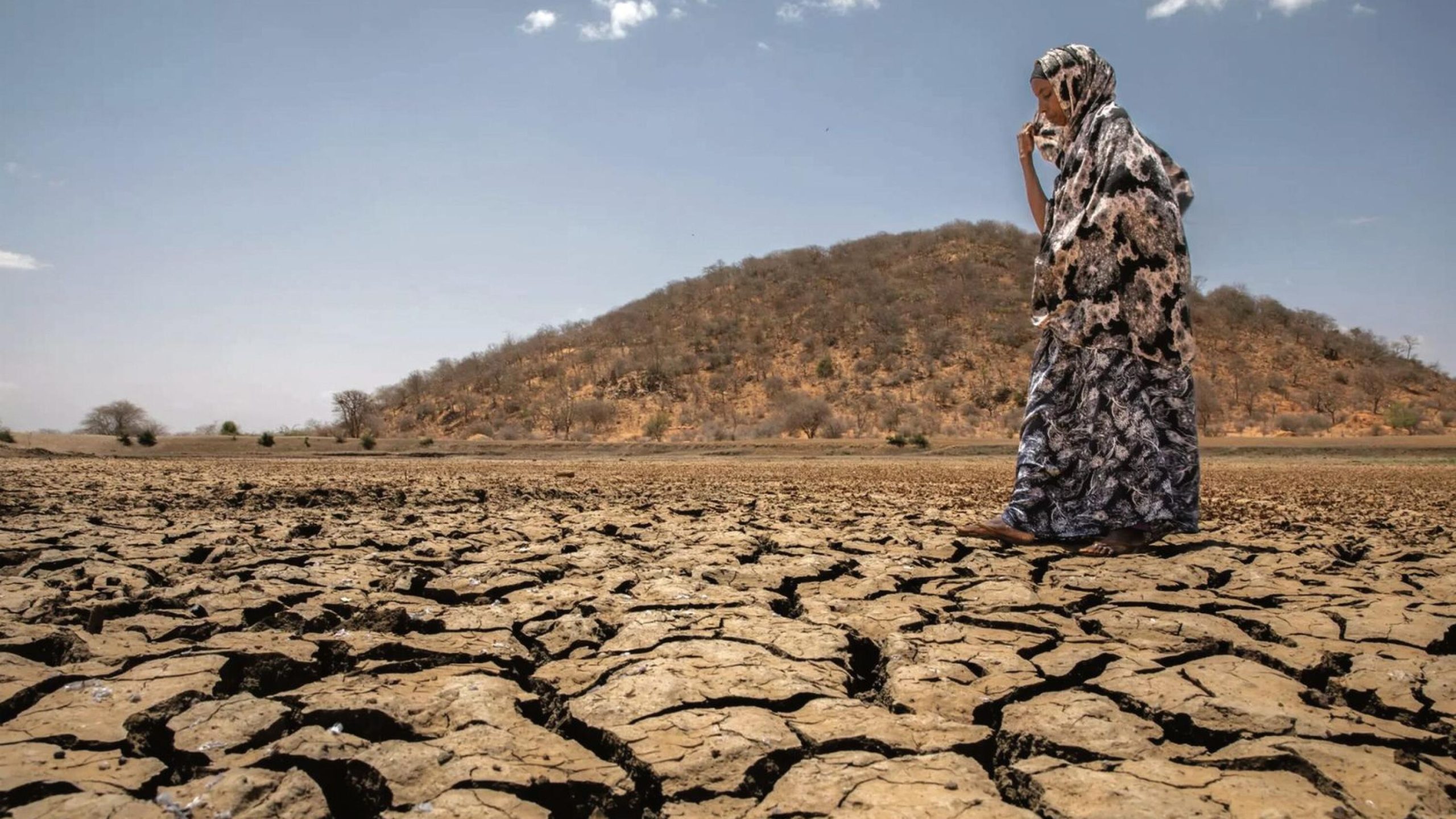A devastating drought, caused by climate change, is pushing over 27m people in Southern Africa to the brink of starvation. That is the fear expressed by the United Nations.
The alarm is contained in the statement issued on Tuesday by the UN World Food Programme (WFP). The statement warned about the escalating humanitarian crisis in the region, describing it as the worst in a century.
Countries like Lesotho, Malawi, Namibia, Zambia, and Zimbabwe have declared states of national disaster as the drought has decimated crops and livestock. Angola and Mozambique are also facing severe food shortages. The situation is made more scary as the WFP predicts that the situation will worsen until the next harvests in March or April.
According to WFP spokesperson, Tomson Phiri, “This is a historic drought, the worst food crisis we’ve seen in the region.
“Over 27 million people are affected, and 21 million children are malnourished. Many are struggling to get even one meal a day.”
The drought has had a devastating impact on small-scale farmers, who rely on rain-fed agriculture for their livelihoods. With crops failing and livestock dying, millions are facing food insecurity.
Aid agencies had warned of a potential disaster last year when the “El Niño weather phenomenon” caused below-average rainfall. Climate change has further intensified impact of the drought.
In July, a UN official described the drought as the worst in a century. That description must have been informed by the situation in Zambia and Zimbabwe, where harvests have been reduced by 70% and 80% respectively.
The situation there has been compounded by the dearth of rainfall which has also led to power shortages due to reduced hydropower generation.
Desperate measures have been taken, including the culling of wildlife in Namibia and Zimbabwe to provide food for hungry populations.
Scientists warn that sub-Saharan Africa is particularly vulnerable to climate change due to its reliance on rain-fed agriculture and natural resources. Millions of Africans depend on the climate for their livelihoods, but many countries lack the resources to adapt to climate change.
Experts say that droughts and irregular rainfall patterns caused by climate change are negatively affecting crop yields, development, taste, and harvest periods.












